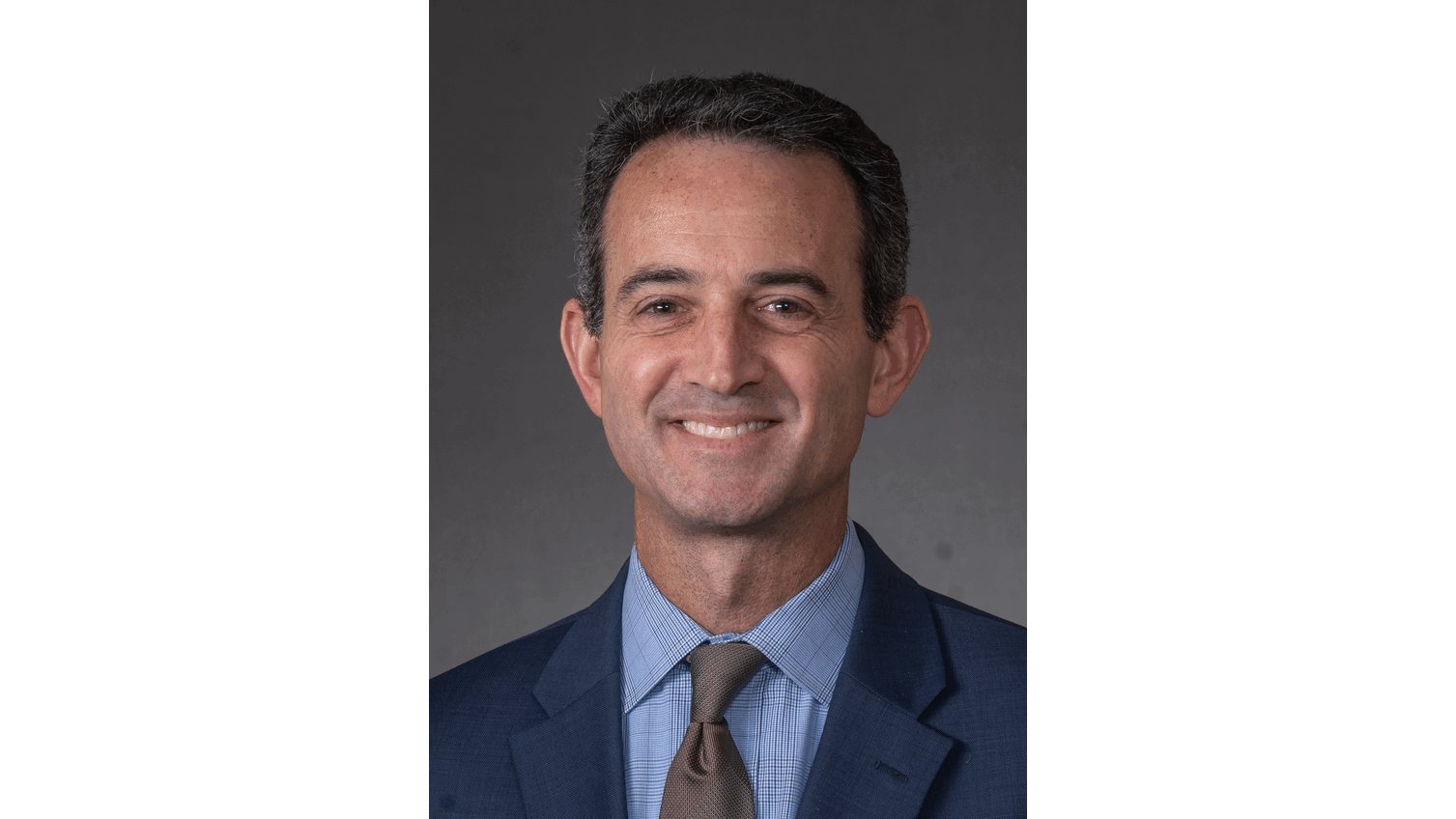Becvar is co-publisher of The Fulcrum and executive director of the Bridge Alliance Education Fund. Nevins is co-publisher of The Fulcrum and co-founder and board chairman of the Bridge Alliance Education Fund.
Seth Masket is among a handful of political scientists around the country who are both entertaining and insightful. He’s a perfect guest for our final Election Countdown series because he manages to cut through the clutter and spin.
Masket is the director of the University of Denver's Center on American Politics, which supports deep community engagement and interdisciplinary research on crucial issues in American politics. The center is chiefly focused on the two institutions most central to the integrity and responsiveness of American politics — elections and political parties.
In our final episode, we look at tiny shifts in voting blocs that could tilt the election. We are looking at you political orphans, swing voters and independents. Election Countdown is part of “Lost in the Middle,” a podcast hosted by former Rep. Scott Klug, who represented Wisconsin. Despite winning his four elections by an average of 63 percent he stayed true to his term limit pledge and retired.
During his time in Congress, Klug had the third most independent voting record of any Wisconsin lawmaker in the last 50 years. In September 2023, he launched “Lost in the Middle” to shine a spotlight on the oft ignored political center.
“The podcast was born,” Klug told Madison Magazine, “out of the sentiment that a wide swath of the American public, myself included, can’t figure out how in the hell we got to this place. And more importantly, is there a way for us out of it.”
Since Klug spent eight years as a member of Congress and 13 years as a journalist, listeners and readers ask him all the time where to find solid political coverage that is not slanted.
Enjoy this episode:


















 From left to right: Gabriel Cardona-Fox, Bud Branch, Joe Concienne
From left to right: Gabriel Cardona-Fox, Bud Branch, Joe Concienne 
Trump & Hegseth gave Mark Kelly a huge 2028 gift